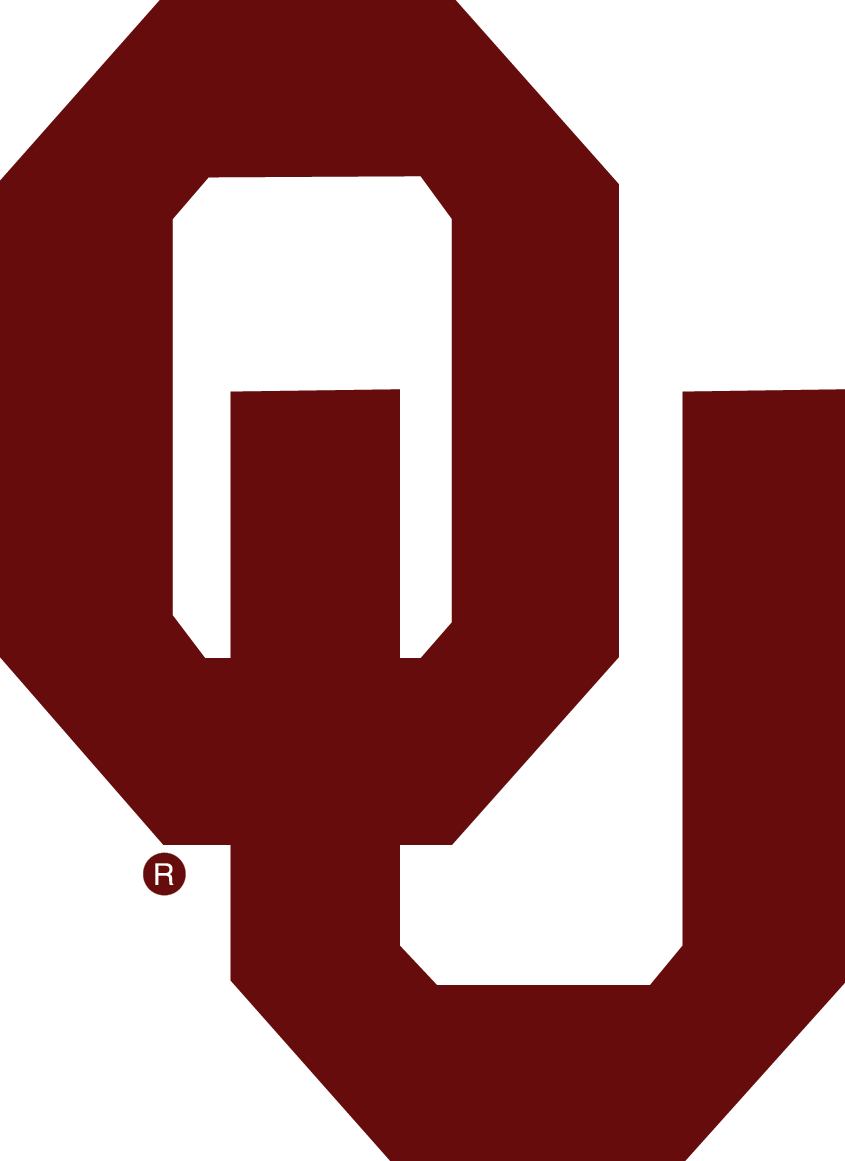Academic misconduct applies to students, graduates and former students. It is addressed in the HSC Faculty Handbook 12.1 Appendix C. Academic misconduct includes any act which improperly affects the evaluation of a student’s academic performance or achievement, including but not limited to the following:
a) Cheating: the use of unauthorized materials, methods, or information in any academic exercise, including inappropriate collaboration;
b) Plagiarism;
c) Fabrication;
d) Fraud;
e) Destruction, misappropriation, or unauthorized possession of University property or the property of another;
f) Bribery or intimidation;
g) Assisting others in any act proscribed by this Code; or
h) Attempting to engage in such acts.
Full definitions of each term are available in the Misconduct Code.
A preceptor may bring evidence of alleged academic misconduct to the attention of the faculty or staff in the department and the faculty or staff of the IP will institute an investigation of the alleged misconduct. If evidence exists, the IP director will determine whether to recommend admonition or a charge of academic misconduct. The policy will proceed as per the published policy in the Misconduct Code. Disciplinary sanctions may include censure, suspension (limited or permanent), expulsion as determined by the Dean.

